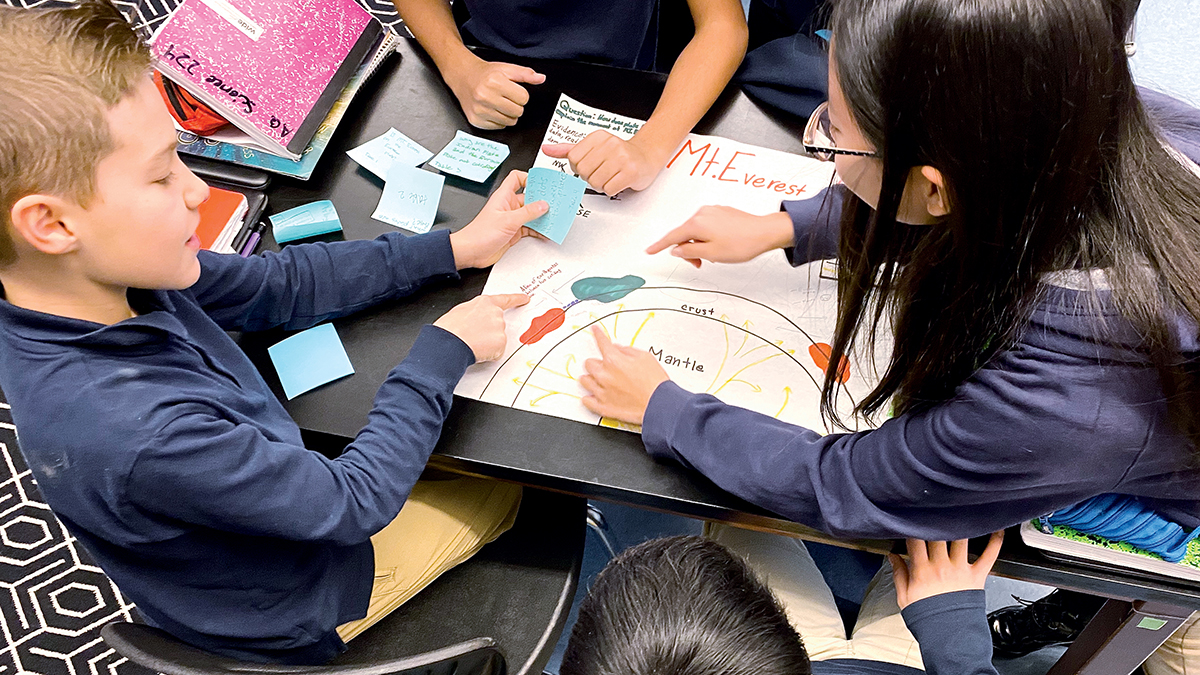Transforming Science Learning: Scientific Literacy: Our Lives Depend On It! June 8, 2022
Join us on Wednesday, June 8, 2022, from 7:00 PM to 8:30 PM ET for another edition of NSTA's Transforming Science Learning member web seminars.
Can students spot misinformation in news articles? Are they up-to-date with current science breakthroughs like CRISPR and GMOs? Do students have a grasp of how science really works? Explore what it means to be scientifically literate and how to develop students who can participate in discussions about scientific issues that affect society and why that matters.
Join us on Wednesday, June 8, 2022, from 7:00 PM to 8:30 PM ET for another edition of NSTA's Transforming Science Learning member web seminars.
Can students spot misinformation in news articles? Are they up-to-date with current science breakthroughs like CRISPR and GMOs? Do students have a grasp of how science really works? Explore what it means to be scientifically literate and how to develop students who can participate in discussions about scientific issues that affect society and why that matters.
Join us on Wednesday, June 8, 2022, from 7:00 PM to 8:30 PM ET for another edition of NSTA's Transforming Science Learning member web seminars.
Can students spot misinformation in news articles? Are they up-to-date with current science breakthroughs like CRISPR and GMOs? Do students have a grasp of how science really works? Explore what it means to be scientifically literate and how to develop students who can participate in discussions about scientific issues that affect society and why that matters.
Join us on Wednesday, June 8, 2022, from 7:00 PM to 8:30 PM ET for another edition of NSTA's Transforming Science Learning member web seminars.
Can students spot misinformation in news articles? Are they up-to-date with current science breakthroughs like CRISPR and GMOs? Do students have a grasp of how science really works? Explore what it means to be scientifically literate and how to develop students who can participate in discussions about scientific issues that affect society and why that matters.
Join us on Wednesday, June 8, 2022, from 7:00 PM to 8:30 PM ET for another edition of NSTA's Transforming Science Learning member web seminars.
Can students spot misinformation in news articles? Are they up-to-date with current science breakthroughs like CRISPR and GMOs? Do students have a grasp of how science really works? Explore what it means to be scientifically literate and how to develop students who can participate in discussions about scientific issues that affect society and why that matters.







